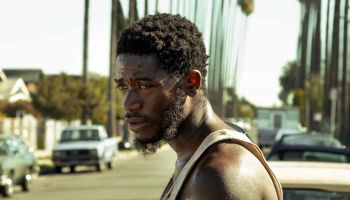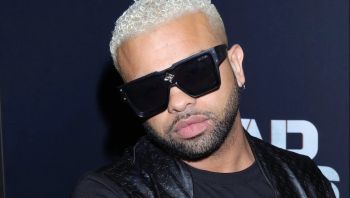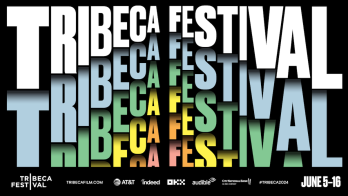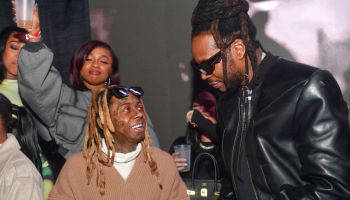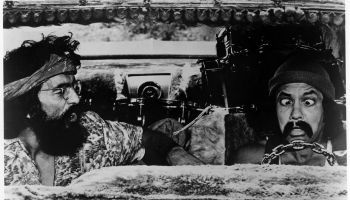With only 105 HBCUs in the United States, making up only 3% percent of the nation’s 3,688 institutions of higher learning, you should know HBCUs are responsible for producing approximately 23 % of all bachelor’s degrees, 13 % of all master’s degrees, and 20 % of all first professional degrees earned by African Americans annually. Impressive right? Pat yourself on the back if you got a degree from a HBCU!
Since graduating from a HBCU myself back in 2006, I’ve noticed various media outlets and different people saying that enrollment at HBCUs has been declining rapidly over the past decade. Now if that was true, the decline ended in 2003 and started back declining in 2006 because those 4 years I spent at Virginia State University waiting in those endless class registration/validation lines in the summer heat with no air was not on my bucket list. I found it shocking that some people even questioned value of a HBCU, almost subliminally saying that my education was second rate compared to someone who went to UCLA, Harvard or Virginia Tech.
With the success of films like School Daze, Drum Line and Stomp the Yard – it has all assited with promoting the existence of HBCUs but I have to still have to tell people – sorry, there is no such school as Truth University or Atlanta A&T.
[pagebreak]
Being honest, everybody including myself that’s gone to an black college has a moment where they had to get out of character but only to take care of business. I’m sure I’m not the only one who had get intense with financial aid receptionist, almost come across the counter for your class transcript, had to put a campus security guard in check for a parking ticket, got a attitude with the book store clerk when they gave you little to no money back for a course book or had to get loud with your dorm’s RA. These situations made my black college experience memerable but to others, those seem like reasons HBCUs need to be avoided.
Then there are the typical myths about black colleges: 1) Black schools do not prepare you for the real world 2) HBCUs have lower admissions standards and costs than many of the competitive and highly competitive institutions, they must be lesser quality institutions 3) Being in an all-Black environment is artificial and limiting 4) HBCUs are party schools and 5) A degree from an HBCU may be undervalued by prospective employers. These same people saying ‘you wont become anything if you go to a Black college’ are the same people who watch Lance Gross (Howard alumni) weekly on Tyler Perry’s House of Payne tv sitcom, routed for Taraj P. Henson (Howard alumni) who was nominated for Best Supporting Actress at the Oscars two years ago, bought Erykah Badu (Grambling alumni) albums and laughed at the hilarious comedy on In Living Color created by Keenan Ivory Wayans (Tuskegee alumni).
[pagebreak]
I personally feel like HBCU’s aren’t as hard to get into as Ivy League schools but it is hard to graduate from one. Yes the curriculums may be different, but the situations and personalities that you have to put up with at a HBCU prepares you for the real world. I personally know, its hard out here once your graduated from of school, especially if you are minority. The #1 thing I learned is that HBCU’s show you that nothing is handed, everything is earned.
I can’t sit here and say ‘if you go to non-HBCU’ you will get a job









